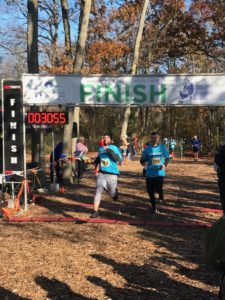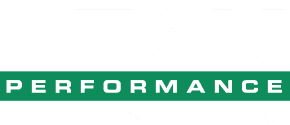Why would a runner or endurance athlete want to strength train? We all may have been the victim of a particularly brutal workout that’s left us too thrashed to go on the next days run; it would seem that the endurance and strength training mix about as well as oil and water. However, collections of studies have proven the health benefits of strength training and cardiovascular training, so there must be a way to harness the two and use them to improve our performance on the pavement.
Benefits of Strength Training:
- Improvement of core strength (stability/form)
- Increased muscular strength (speed)
- Correction of imbalances caused by every day life (efficiency)
- Decreased injury risk
Now, these benefits also cross over with endurance training right? The key is to incorporate the two correctly to receive maximal benefit.
An endurance athlete will need to consider a few things if they’re looking into start strength training in addition to their running protocol. Namely, the athlete would need to figure out when their big or tough runs are in the week and program heavy or higher intensity workouts around that. Next would be recovery. Is that athlete getting proper nutrition, sleep, and mobility work to assist with the work they’ll be adding in?
Here is a sample week- long program to get an idea:
|
Sunday |
Monday | Tuesday | Wednesday | Thursday | Friday |
Saturday |
| Long Run | Off | Low intensity Lower Body and Easy Run | Medium Intensity run | Off | High Intensity Lower Body |
Low Intensity Upper Body/Core and optional light run |
Looking at the example listed above, we can see that the lifts have a high or low intensity value, that’s used strategically to avoid overtraining or injury. Also strategically placed, the more taxing workout days (Sunday, Tuesday, and Friday) are placed a day or two apart in order to ensure that the athlete covers correctly. In most cases, an athlete will be able to complete a shorter run and a resistance training session in the same day, but this varies by person and goals. Talking to an exercise physiologist or performance professional before starting a program can increase the benefit and smooth out to programming process for someone looking to start.
By Matt Rhodes, MS, EP-c.

